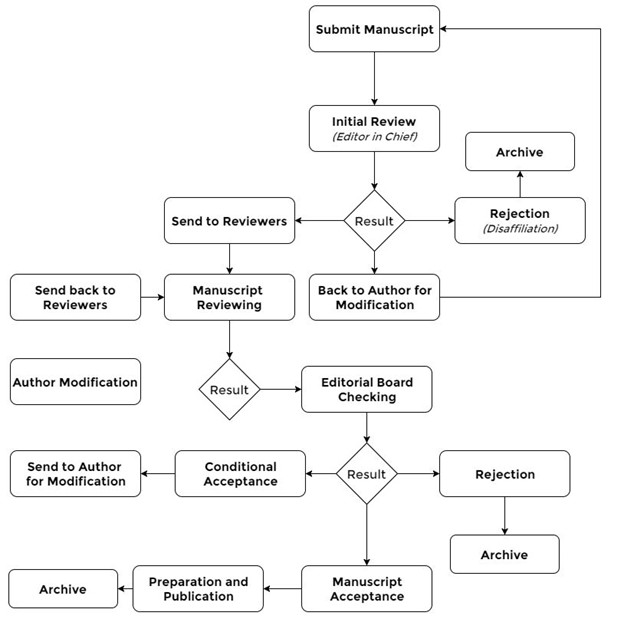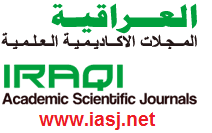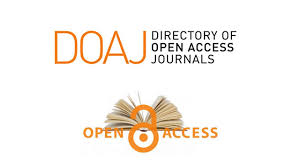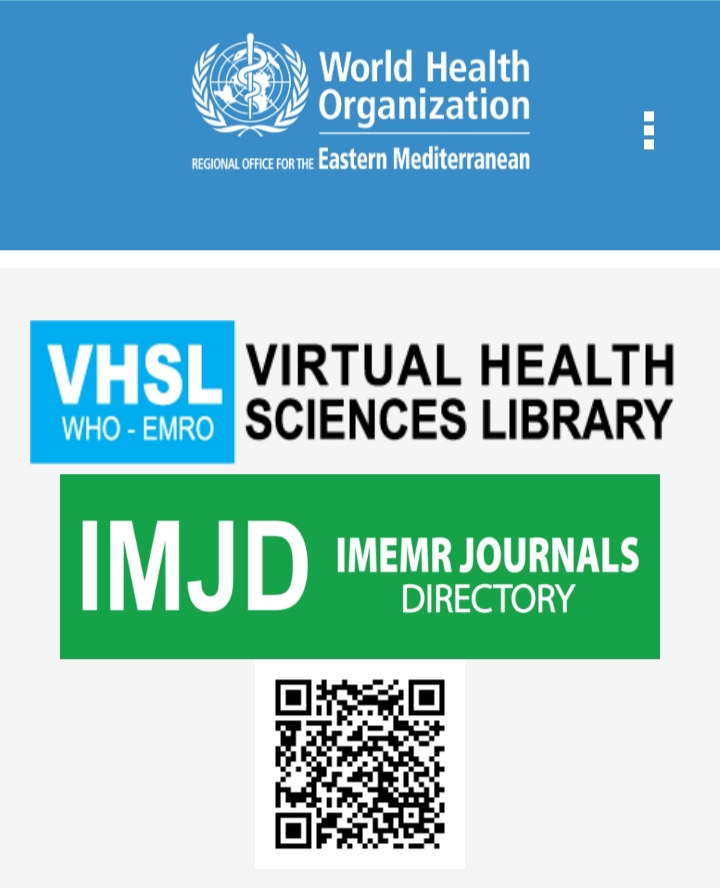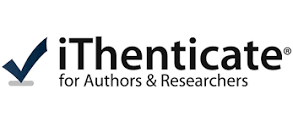Peer Review Process
- Initial Editorial Screening
Upon submission, all manuscripts are screened by the Managing Editor for:
- Compliance with the Author Guidelines
- Alignment with the journal’s aims and scope
- Basic academic quality and structure
- Absence of plagiarism or duplicate publication (using iThenticate, <20% similarity threshold)
Manuscripts failing at this stage may be desk rejected or returned to the author for formatting and ethical correction.
- Double-Blind Peer Review Policy
RDENTJ follows a rigorous double-anonymized peer review policy to ensure objectivity:
- Author and reviewer identities are concealed from each other throughout the review process.
- Authors are instructed to remove all identifying information (names, institutions, funding sources) from the manuscript and file metadata.
- Reviewers are required to declare any potential conflicts of interest prior to acceptance.
- Reviewer Assignment
Each manuscript that passes the initial screening is assigned to at least two independent expert reviewers.
Reviewer selection criteria:
- Holds a PhD or equivalent in a relevant dental or biomedical discipline
- Demonstrated expertise in the topic area (verified via ORCID, Scopus profile, or institutional affiliation)
- Not affiliated with the same institution as the author(s)
- Not previously co-authored with the author(s) in the last five years
Reviewers are provided with:
- A structured review form
- The anonymized manuscript
- Access to reviewer guidelines and ethical review policy
- Review Timeline
- Each review round is limited to 4–8 weeks.
- Reviewers are given up to 4 weeks to return their evaluations.
- If additional time is needed or reviewers are unresponsive, alternative reviewers are invited.
- Evaluation Criteria
Reviewers are asked to evaluate submissions based on:
- Originality and scientific contribution
- Methodological rigor
- Ethical compliance
- Clarity and organization
- Relevance to the journal’s scope
Each reviewer submits:
- A recommendation: Accept, Minor Revision, Major Revision, Resubmit, or Reject
- Comments for the author
- Confidential comments for the editor (optional)
- Editorial Decision Process
The Editor-in-Chief, or an assigned Section Editor, considers all returned reviews and makes one of the following decisions:
- Accept without revision
- Accept with minor revisions
- Request major revisions
- Resubmit for new review
- Reject
If reviewer opinions differ significantly, a third reviewer or associate editor may be consulted.
- Author Revision
Authors are provided with:
- Consolidated reviewer comments
- A structured Revision Form to detail responses and changes
- A requirement to highlight changes in the manuscript (in red or tracked changes)
Revision deadlines:
- Minor revision: 2 weeks
- Major revision/resubmission: 4–6 weeks
Failure to respond within the deadline without explanation may result in rejection.
- Final Decision and Editorial Board Review
Once revisions are returned, the editorial team evaluates the revised manuscript. In complex or borderline cases, the final decision is discussed in a meeting of the Editorial Board.
The final decision may be:
- Accept for publication
- Reject after revision (if comments are not adequately addressed)
- Proofreading and Pre-Publication
All accepted manuscripts undergo:
- Native English proofreading for language quality
- Layout and formatting to match journal standards
- Authors are given the final proofs for confirmation
- Appeals and Complaints
10.1 Appeals Process
Authors who believe a rejection decision was made unfairly may submit an appeal to [email protected] within 30 days. Appeals must:
- Respond to all reviewer/editor comments
- Provide evidence of error or bias (e.g., factual inaccuracy)
Appeals will be reviewed internally by a senior editorial team. The decision to uphold or reverse the rejection is final.
10.2 Author Complaints
Authors may raise formal complaints concerning misconduct or publication ethics violations via email. All complaints will be:
- Acknowledged within 3 business days
- Investigated by the editorial team under the guidance of the Editor-in-Chief
- Resolved with written notification and documentation
- Ethical Oversight
- All editorial and review practices follow COPE (Committee on Publication Ethics) guidelines.
- Authors must declare all funding, conflicts of interest, and obtain IRB or ethical approval for studies involving human or animal subjects.
- Publication
Following proofreading and author approval, articles are:
- Published online first
- Assigned a DOI
- Included in the upcoming print issue
